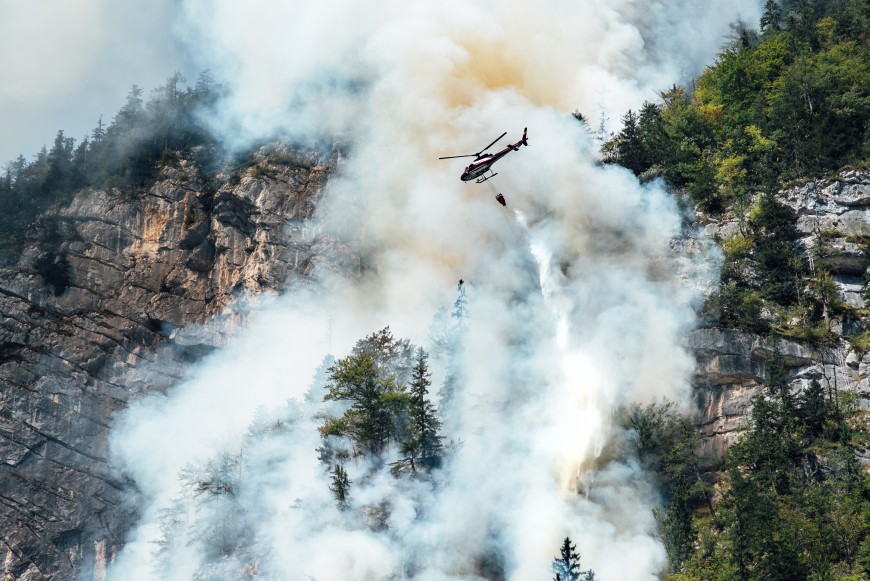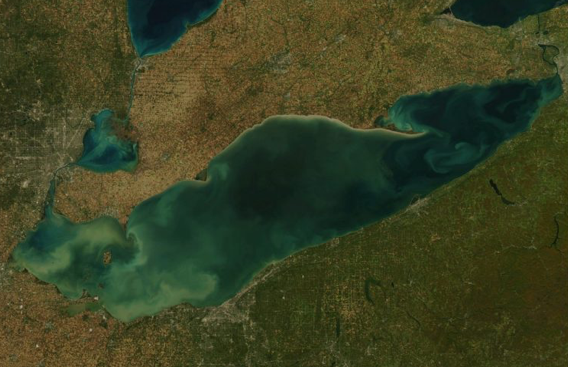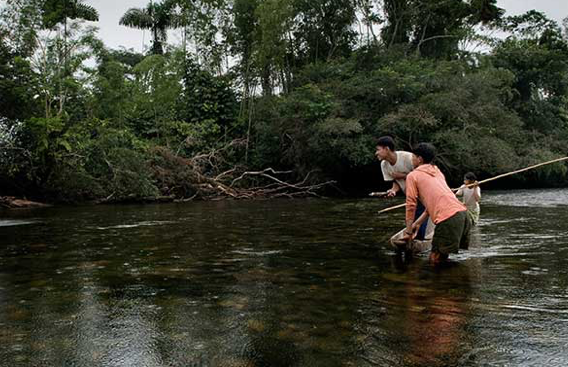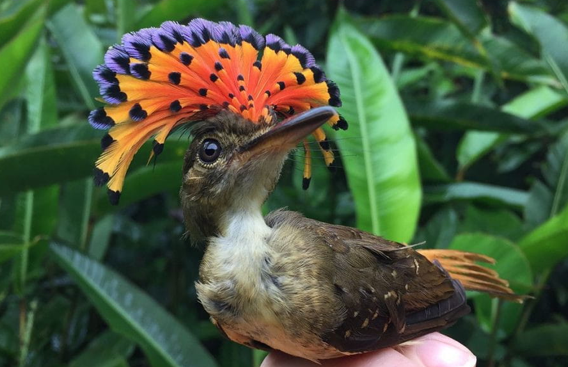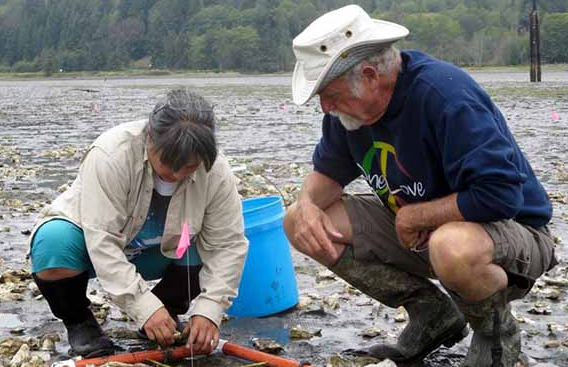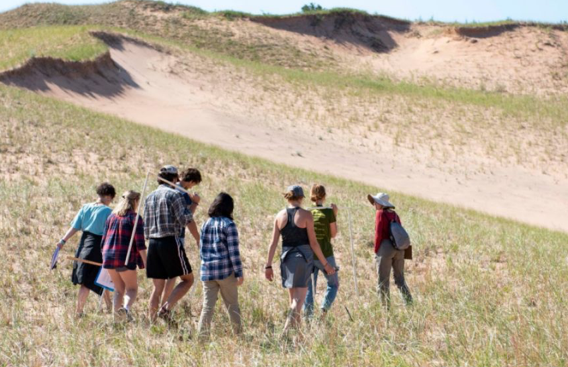Berman Western Forest and Fire Initiative
The Kathy and Steve Berman Western Forest and Fire Initiative (WFFI) is an interdisciplinary working group that advances socially engaged, problem-oriented research on western forests, fires, and communities. Its aims: to improve understanding of the problematic relationship between wildfire, forests, and communities in a changing climate as a complex adaptive social-ecological system (SES), and to contribute to the development of better ways to manage this SES to reduce the risk of large wildfires, improve the vitality of human communities, and help society adapt to climate change.
